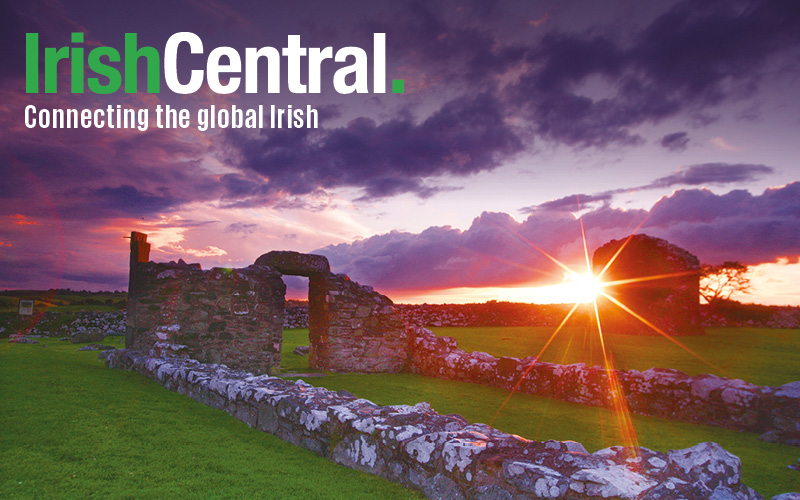Like a lot of people, Brexit has been forcing me to contemplate the English presence in Irish political life lately and I regret that because it's often enraging
There has been shock around the world at the recent bullying tactics employed by Downing Street and its bumptious prime minister Boris Johnson to intimidate the Irish into doing what we're told.
We're not shocked, because we know these people. We were England's first colony after all, so there's more than a little irony in the fact that we are clearly going to be its last.
It was all supposed to be so different though, wasn't it? Brexit was supposed to be an invigorating reminder of England's greatness, but for us it's a stark reminder that our island is still partitioned, that this enforced partition has endured for almost a century, that its potential to harm our economy has only grown as its economic fortunes have failed, and that this shambolic English revolution could soon reawaken old enmities to the misery of all.
Read more: Brexit - Irish leader sees "pathway towards an agreement in the coming weeks"
The sheer scale of English indifference to Irish life has been the top note of our centuries-long encounter if we are honest. Brexit makes all of this clear to us again (it is fair to call an English nationalist revolt). We try to move beyond our fraught past, but they can't help but drag us back. It's a waltz we can't escape, like something out of a Grimm's fairy tale.
What we have learned is a lesson that is common to all toxic relationships, that Ireland only gets English attention when we defy them.
They took their Brexit vote without a thought for what it would mean for us, they ignored all our warnings about the foreseeable consequences, they told us not to worry about the border or the peace process, they assumed that we'd simply fall into line, because we always have and that's how they see us, as little people with funny accents who do as we're told.
What's changed now, and what's enraging them, is that we are no longer isolated and easily bullied, because Europe has our back and Europe's markets dwarf the British. That's a new wrinkle in the story that they can't get their heads around. We have gone off script and now they don't know how to play the scene.
Read more: "Ireland owes this country nothing" US novelist takes UK to task over Brexit
It's become clear they need a fall guy for the mess they got themselves into and it's very clear that it's Ireland they're setting up to take the fall. They never imagined we would refuse that burden. They never imagined our resolve would not fail.
In Ireland, whenever we face a crisis, we often return to learn the lessons of our ancestors. Here's one, culled at random from the remarkable Atlas Of The Great Irish Famine.
During the darkest years of the Great Hunger, as tens of thousands of the Irish starved, the mercantile and business classes (to wit the British in Ireland) adopted a “business as usual” attitude.
In August 1846 for example, the Royal Agricultural Improvement Society held a banquet in Limerick where about 400 people “sat down to an excellent dinner... the wines were of the very best quality. Toasts were drunk to the royal family. The only discordant note was when Captain Kennedy stood and suggested that things were not all that well in the country, but such were the expressions of dissatisfaction, loudly and frequently repeated, that Captain Kennedy was forced to sit down.”
History doesn't record what happened to Captain Kennedy after his attack of conscience, but that he was booed and mocked until he shut up tells you all you need to know about how sympathetic the British were to the suffering all around them.
British politicians do an eye roll when you mention the famine. Some Irish do too. They would deny us our history but sing hymns to their own. You can dismiss such people with the same indifference.
Here is the truth, England has the muscle memory of empire but it has no empire left. So it's having an identity crisis – who are we if we no longer matter? - that is clearly leading their nation toward a great reckoning.
It will be a task for historians in years to come to contemplate why the English decided, after centuries of enslaving over half the planet, that they no longer wanted to engage with the wider world or their closest markets and neighbors, that they instead wanted to build a little moat and isolate themselves.
That's unfortunate, and no doubt they have their reasons, but it has never been our fault.
Read more: Irish armed police now patrol Northern Ireland border




Comments